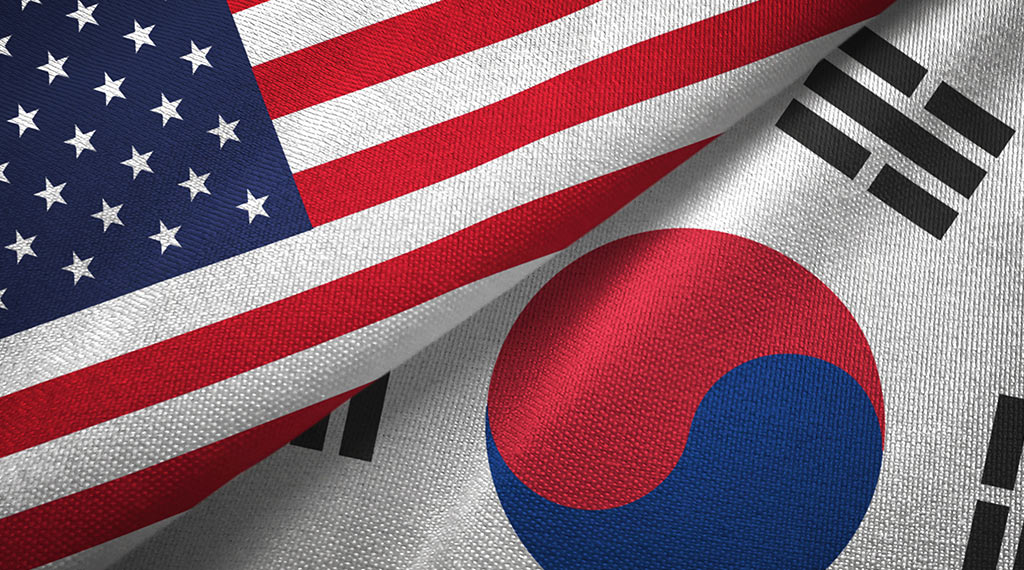
On March 9, the Biden administration may have felt that it dodged a bullet when conservative Yoon Suk-yeol was elected president of the Republic of Korea (ROK, aka South Korea) for a five-year term.
Unlike his defeated leftist opponent and the previous Moon Jae-in administration, Yoon strongly supports the ROK-U.S. alliance. Its military component favors a tough stance toward North Korea, is suspicious of China, and is even willing to get relations with Japan back on track.
Now American and South Korean alliance managers can get to work rebuilding defenses—and doing what’s necessary to handle North Korea while keeping an eye on China’s steadily expanding military might.
Focusing on defense is important—and essential. But the Americans should also pay close attention to the South Korean economy. This will do as much to bolster the alliance as anything on the defense front.
You see, Yoon and the conservatives (by definition “pro-American”) won by a razor-thin margin–about 250,000 votes out of 34 million votes cast. And while foreign affairs and North Korea are not unimportant to many voters, it’s the economy that matters most for a majority. Former Moon’s leftist administration’s failure to deliver on the economy—jobs and housing in particular—over the last five years is most likely what sunk the leftist candidate two weeks ago.
So helping Yoon improve South Korea’s economy—and getting credit for it—is in Washington’s self-interest, if not an urgent strategic imperative.
Recent history explains why Team Biden should act soon if U.S. and South Korean defenses are to be strengthened, a less accommodating stance toward China and North Korea is to be taken, and ROK-Japan ties to be improved.
In 2017, the United States deployed a THAAD anti-missile defense system in South Korea. The Chinese complained—and also did something about it.
Beijing put fierce economic pressure on South Korea generally and on the vast Lotte Group’s operations inside China specifically. Lotte had provided the land for basing THAAD batteries in ROK. The pressure was such that Lotte ultimately shuttered its China operations. Other strong-arm tactics included restricting Chinese tourism to South Korea and blocking online trade in South Korean goods. The South Korean economy—and citizenry—took a massive hit.
Reeling from the Chinese economic assault, then-President Moon (who was already at best ambivalent toward the United States) offered up the “three nos” to Beijing: 1) no additional THAAD deployments; 2) no participation in an integrated U.S. missile defense network; 3) no trilateral alliance with the United States and Japan.
That’s quite a strategic knock-on effect from mere economic pressure. It also energized opposition voices in South Korea, allowing them to claim the U.S. relationship wasn’t worth the economic or security “costs” of offending China. The alliance with the United States was at least shaken.
Making things even worse, when Beijing clamped down economically on South Korea, the Trump administration did not take advantage of the opportunity and step in and back up Seoul. Instead, South Korea was left to suffer and fend for itself.
Learning from that and being aware of the closeness of the vote, it should be easy for the Biden people to figure out what to do with South Korea. Here is a specific example, an idea for a more comprehensive approach and a way to fight back.
